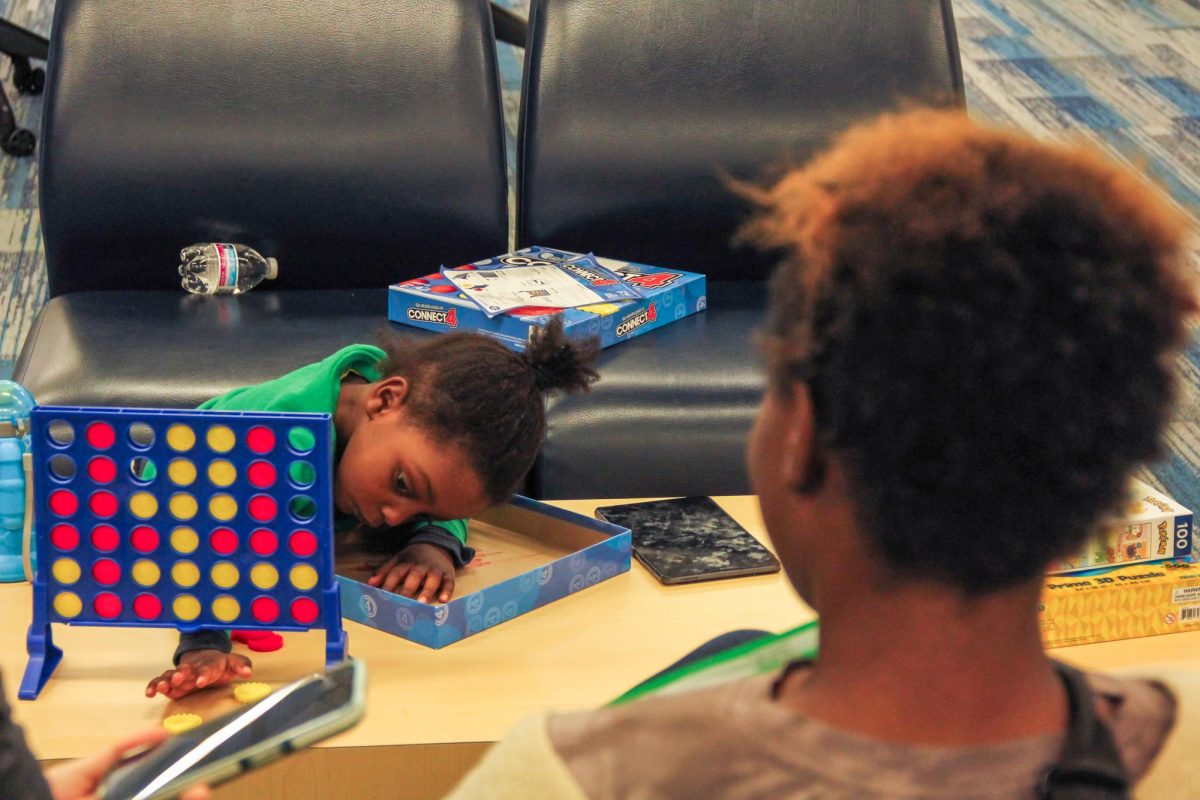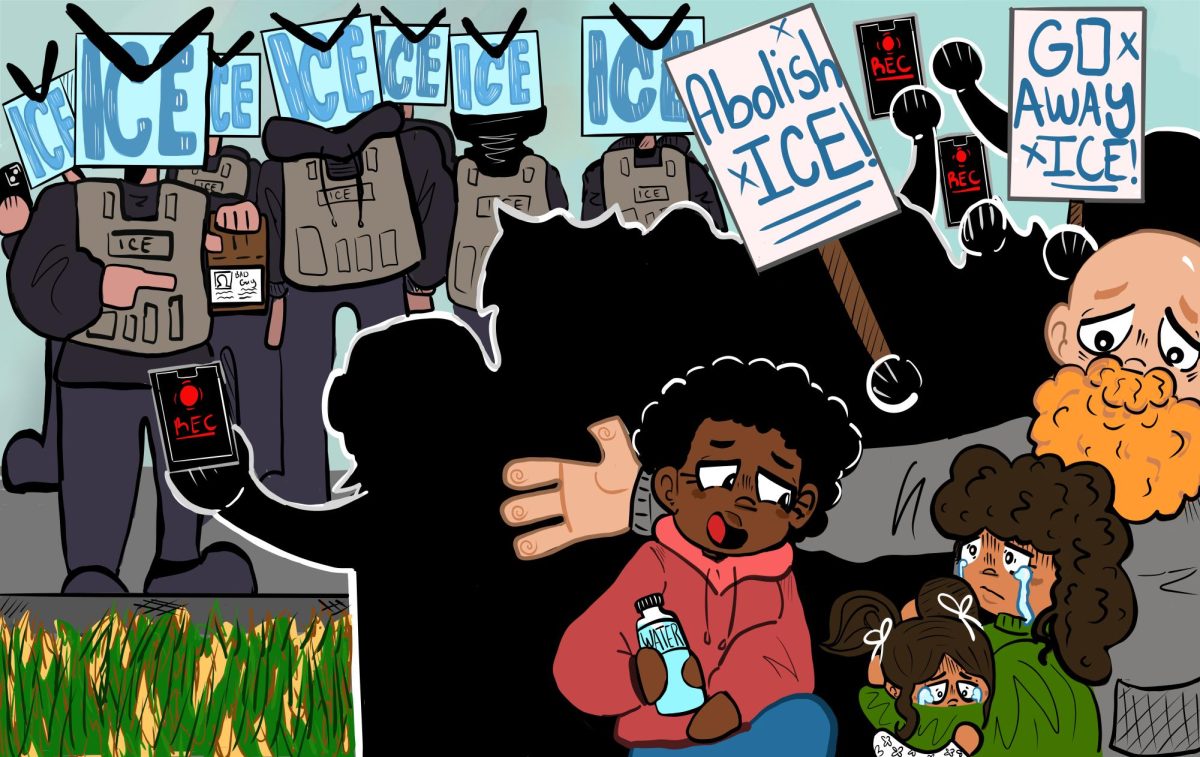“Hope,” the first autobiography by a sitting pope, explores the role of faith, compassion and resilience in a world filled with suffering and uncertainty.
Rather than discussing abstract subjects, he speaks directly to the reader, sharing personal stories, reflections and biblical wisdom.
The pope touches on a variety of topics, from immigration and poverty to leadership, war, drugs and everything in between.
I was drawn to this book because Pope Francis is a fascinating figure. I wanted to understand his perspective on hope, especially in times when things can feel hopeless.
Pope Francis doesn’t merely define hope, but he exemplifies it through personal anecdotes, biblical references and reflections on global issues.
He illustrates how hope can steer individuals and communities toward a better future. He emphasizes the significance of forgiveness, the dangers of indifference and the duty of leaders to serve their people with integrity and humility.
One of the book’s biggest strengths is its descriptive storytelling. No detail is too small.
Whether he’s discussing his early days in Argentina or reflecting on the horrors of war, the pope’s words paint a vivid picture that makes it feel like you’re having a one-on-one conversation with him. His writing is also deeply humble and accessible.
He may be the pope, but he wants to be seen as an ordinary person.
The highlights of the book are the unexpected touches of humor, his elite sports knowledge and love for soccer and basketball are clear, his appreciation for classical music and tango and even the small confession that he hasn’t watched TV since 1990. These details make him feel less like an untouchable religious figure and more like your next-door neighbor.
For all the book’s depth, Pope Francis does hold back on his emotions at times.
He shares stories of the immense loss of his father, mother and siblings but rarely dwells on how these moments shaped him.
He acknowledges crying a few times, but the lack of depth regarding his grief leaves a lot to be desired.
Another challenge is the book’s loose structure. He jumps between childhood and adulthood, past and present, sometimes without clear transitions. While this keeps the book engaging, it can also make it feel scattered at times.
Additionally, I would have liked more insight into his journey to becoming pope.
He touches on his path within the church but doesn’t go into as much detail about the transition from priest to cardinal to pope, which could have been fascinating.
Reading this book made me feel a closer connection to God and a deeper understanding of the Pope’s worldview. His message that “God is in all things” really stood out to me. It’s a reminder to find faith in everyday moments, not just in grand religious experiences.
Perhaps the most powerful takeaway is that hope is not just optimism, it’s action. Pope Francis reminds us that real change comes from those who refuse to be indifferent. His words challenge us to not just believe in hope but to live, breathe and be a beacon of hope.
Hope blends faith, history and personal reflection in a way that feels profound and intimate. While the structure can be a bit scattered, the depth of wisdom and humanity in Pope Francis’ words make it a worthwhile read.
Pope Francis speaks to universal themes, compassion, resilience and justice that extend beyond faith. Whether you’re struggling with personal challenges or just looking for a new perspective, this book offers something meaningful.
 So, should you read “Hope”? Well … is the Pope Catholic?
So, should you read “Hope”? Well … is the Pope Catholic?































